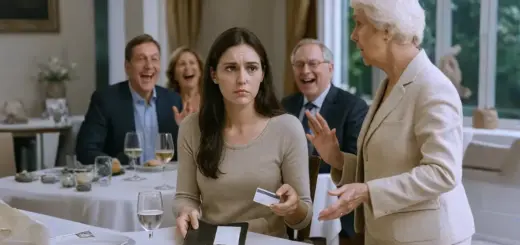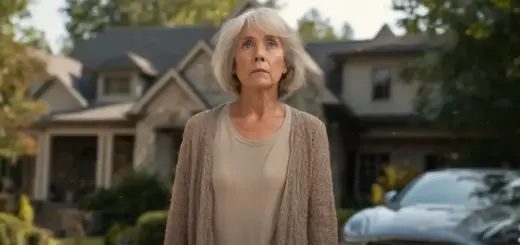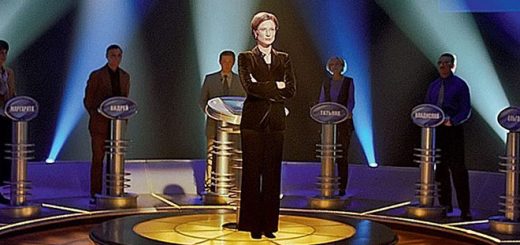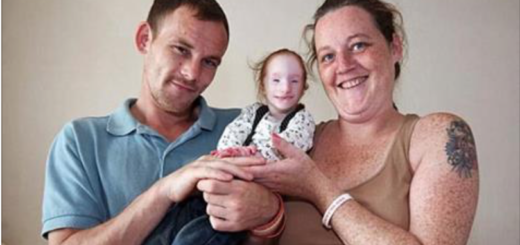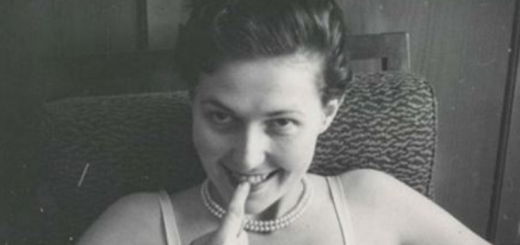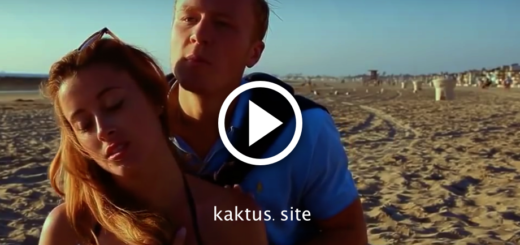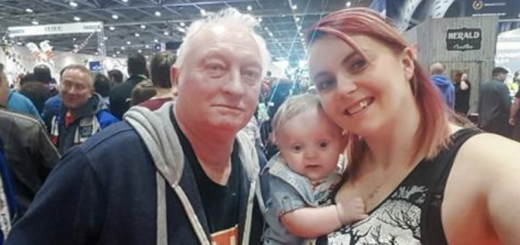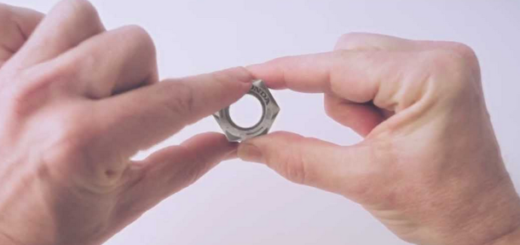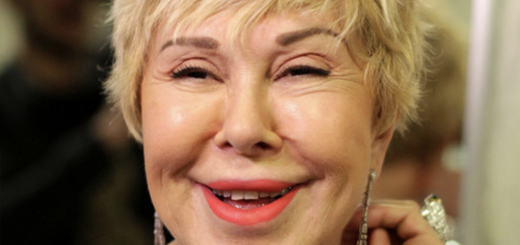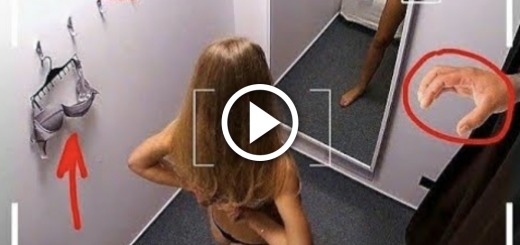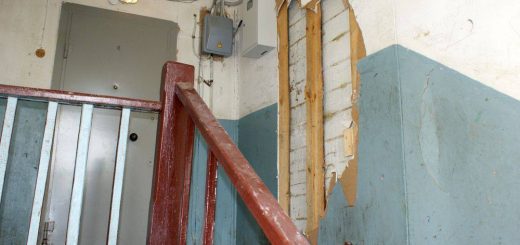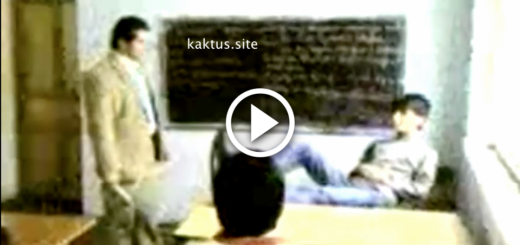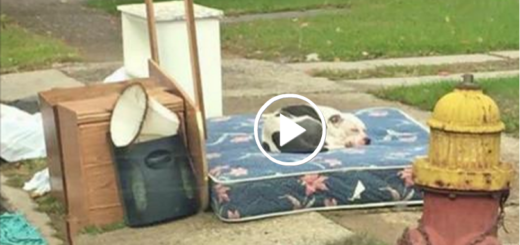«So,» I said, crossing my legs and settling back. «What did you want to discuss?»
Dad cleared his throat. «April, we owe you an apology.»
«For what, specifically?»
«For… for not understanding the situation with your inheritance. For not realizing what Robert had done for you.»
«That’s not what you need to apologize for.»
«What do you mean?»
«You’re apologizing for being wrong about my inheritance. You’re not apologizing for treating me badly.»
Mom leaned forward. «Honey, we never treated you badly. We love you.»
«Do you? Because love isn’t what I felt during that will reading. Love isn’t asking me to do administrative work while you planned how to spend millions. Love isn’t laughing when someone suggests that Grandpa didn’t care about me.»
«We were shocked,» Jennifer said defensively. «We didn’t handle it well.»
«You handled it exactly how you always handle things involving me. You assumed I was less important, less capable, less deserving.»
Marcus had been quiet, but now he spoke up. «Okay, fine. We screwed up. We’re sorry. But April, you bought Dad’s company. That’s not normal family behavior.»
«Normal family behavior would have been asking if I wanted to be involved before selling it to strangers. Normal family behavior would have been including me in discussions about Grandpa’s legacy. Normal family behavior would have been treating me like I mattered.»
«So this is revenge?» Dad asked.
«No. This is business.» I stood up and walked to the window, looking out at the view that stretched for miles. «I bought a profitable company from a willing seller at a fair price. I moved into a house I could afford. I’m living my life on my terms for the first time ever.»
«What do you want from us?» Mom asked quietly.
I turned back to face them. «I want you to understand that April, the overlooked granddaughter, doesn’t exist anymore. April, the billionaire businesswoman, does. And she doesn’t need your approval, your permission, or your acceptance.»
«April,» Dad said desperately, «I need that company back. It’s my legacy, everything I’ve worked for.»
«Then you shouldn’t have sold it.»
«I didn’t know you were interested.»
«You never asked.»
The room fell silent. Outside, Portland spread out below us like a map of infinite possibilities. Inside, my family sat with the uncomfortable realization that the power dynamic had shifted permanently and irreversibly.
«There is one thing,» I said finally. They all looked up hopefully. «I want a public acknowledgement, from all of you, for the way you treated me at the will reading, for the assumptions you made, for the disrespect you showed.»
«A public acknowledgement?» Jennifer asked.
«Social media posts, local newspaper if necessary. Wherever you announced your own inheritances, I want you to acknowledge that you were wrong about mine.»
«That’s humiliating,» Marcus said.
«Good. Now you know how I felt.»
«And if we do this?» Dad asked carefully. «Will you consider selling me back the company?»
I smiled, but there was no warmth in it. «I’ll consider it.»
It wasn’t a promise. It wasn’t even a maybe. But it was hope. And sometimes, hope is the most powerful currency of all.
A week later, the public acknowledgements began appearing. Dad’s was published in the business section of The Oregonian: «David Thompson acknowledges that he significantly underestimated his daughter April’s business acumen and inheritance. Ms. Thompson has proven herself to be a sophisticated investor and businesswoman, and I deeply regret any dismissive comments I may have made about her capabilities.»
Mom’s Facebook post was more personal but equally public: «I want to apologize to my daughter April for comments I made that suggested her grandfather didn’t care about her. I was completely wrong, and I’m sorry for any pain my words caused. April is an accomplished businesswoman who deserves respect and recognition.»
Marcus and Jennifer’s Instagram posts were briefer but still satisfying acknowledgements that they’d misjudged me. The posts generated significant attention. Local business journalists started asking questions about the mysterious April Thompson, who’d apparently emerged from nowhere as a major player. My phone rang constantly with interview requests, which I politely declined.
As for Thompson Maritime, I’d surprised everyone by keeping Dad on as general manager. Same office, same responsibilities, same day-to-day operations. The only difference was that he now reported to a management company that reported to a holding company that was ultimately controlled by me. The irony wasn’t lost on either of us.
But the real surprise came six months later, at a family gathering I’d agreed to attend at Mom and Dad’s house. The atmosphere was different—more respectful, more careful, but also more genuine than it had been in years.
«April,» Dad said during dessert, «I have something to tell you about the company.»
I looked up from my wine. «What about it?»
«The new ownership structure… it’s actually been incredible. Having access to capital, being part of a larger shipping network, not having to worry about debt service… It’s let me focus on what I do best instead of constant financial stress.»
«The employees seem happier too,» I observed.
«They are. Job security, better benefits, clear growth opportunities. I should have sold years ago, but I was too proud to admit I was in over my head.»
Mom was watching this exchange carefully. «April, can I ask you something?»
«Of course.»
«When you bought the company, did you do it to hurt your father or to help him?»
I considered the question. «Both, honestly. I wanted him to understand what it felt like to have important decisions made without his input. But I also couldn’t stand the thought of all those employees losing their jobs if the company failed. And now?»
«Now, it’s just business. Good business, as it turns out.»
Marcus, who’d been quieter than usual all evening, finally spoke up. «April, I need to ask you something, and I want a straight answer.»
«Okay.»
«Are you happy? I mean, really happy? With all this money and power and this new life?»
I thought about it. «I’m content. For the first time in my life, I’m exactly where I want to be, doing exactly what I want to do, with people who see me for who I really am.»
«And us?» Jennifer asked. «Where do we fit in your new life?»
«That depends on you,» I said simply. «I’m not the same person who sat at this table six months ago, hoping for your approval. I don’t need you to like me anymore, but I’d like to have a real relationship with you if you’re interested in getting to know who I actually am.»
Dad leaned forward. «April, I know I don’t have the right to ask this, but… could you teach me? About business? About thinking strategically the way your grandfather did? I’ve spent thirty years running a company, but watching how you’ve handled everything, I realize I never really understood business at all.»
I smiled, and this time it was genuine. «I’d like that, Dad.»
Later that evening, as I drove home to my estate in the hills, I called Alexandre. «How are you feeling about your new family dynamic?»
«Different. Better, I think. More honest, certainly.»
«And personally? Are you happy with the choices you’ve made?»
I pulled into my circular driveway and looked up at the house that had started this whole transformation. «I’m proud of who I’ve become. Six months ago, I was invisible. Now, I’m exactly who I was always meant to be.»
«Your grandfather would be proud, too.»
«I hope so. I think he’d especially appreciate the chess metaphor. Sometimes you have to sacrifice pieces to win the game.»
«And have you won?»
I looked at my reflection in the rearview mirror. The same face, but somehow completely different. Stronger. More confident. More genuinely myself than I’d ever been. «I’ve won something better than the game,» I said. «I’ve won myself.»
After I hung up, I sat in my car for a moment, looking out at the city lights below. Tomorrow, I had a board meeting for my Singapore resort, a conference call with my London real estate team, and lunch with a potential business partner who wanted to discuss opportunities in Dubai. But tonight, I was just April Thompson, billionaire businesswoman, sitting in the driveway of her $19 million house, finally comfortable in her own skin. It had taken twenty-six years and a carefully planned inheritance to get here, but it had been worth every difficult moment.
One year later, I stood on the deck of my yacht, The Legacy, watching the Portland skyline glide by as we cruised down the Columbia River. The boat wasn’t the largest in the marina, but it was perfect for what I needed: a place to entertain business associates, host family gatherings, and sometimes just escape from the complexity of managing a billion-dollar empire.
The past year had been transformative in ways I never could have imagined. The public acknowledgements from my family had opened doors I hadn’t expected. Portland’s business community had embraced me as a major player, leading to investment opportunities I’d never dreamed possible. I now owned a controlling interest in the city’s largest hotel chain, three residential developments, and a technology company that specialized in maritime logistics. My net worth had grown to almost $2 billion, but more importantly, I’d grown into someone I genuinely respected.
The yacht pulled into the harbor, where my Tesla waited—another practical luxury that I’d purchased simply because I wanted it and could afford it. That evening, I had dinner with the entire family at my house. It had become a monthly tradition, these gatherings where we actually talked to each other instead of performing for each other.
«How are things at the shipping company?» I asked Dad as we sat around my dining room table.
«Incredible. The integration with your other maritime holdings has opened up routes we never could have accessed before. We’re actually bidding on some international contracts that would have been impossible under the old structure.»
«And the employees?»
«Happy. Secure. They know they’re part of something bigger now.»
Mom set down her wine glass and looked at me thoughtfully. «April, can I ask you something I’ve been wondering about for months?»
«Of course.»
«Do you forgive us? Really forgive us? Not just tolerate us because we’re family?»
I considered the question carefully. «I’ve accepted who you are, and I understand why you acted the way you did. You weren’t malicious; you were just blind to possibilities you’d never considered.»
«That’s not really answering the question.»
«Forgiveness assumes you did something to me, but actually, you did something for me. Your dismissal forced me to find my own strength. Your assumptions helped me discover my own worth. If you’d seen my potential from the beginning, I might never have learned to see it myself.»
Jennifer leaned forward. «So you’re grateful we treated you badly?»
«I’m grateful for the journey it started. Grandpa could have just left me the money directly, but instead, he gave me something much more valuable: the chance to discover who I really was before the money changed how people saw me.»
Marcus, who’d been quiet through most of dinner, finally spoke up. «April, I need to tell you something.»
«What’s that?»
«I’ve been thinking about what you said about earning respect versus expecting it. And I realized I’ve never actually earned anything in my life. Everything I have came from inheritance or family connections.»
«What are you thinking of doing about that?»
«I want to work—really work, not just show up at some job Dad arranged. Would you… would you consider giving me a chance at one of your companies? Starting at the bottom, earning my way up.»
I studied his face, looking for signs of entitlement or expectation. Instead, I saw something I’d never seen before: genuine humility. «I’d consider it. But you’d start in the mailroom, literally, and you’d be treated exactly like any other entry-level employee.»
«That’s all I’m asking for.»
After dinner, I walked out onto my terrace with Dad. The city stretched out below us, millions of lights representing millions of lives, millions of dreams. «April,» he said quietly, «I need you to know something.»
«What’s that?»
«I’m proud of you. Not because of the money or the success, but because of who you’ve become. You’re stronger than I ever was, smarter than I ever realized, and kinder than I deserved.»
«Dad…»
«Let me finish. Your grandfather saw something in you that the rest of us missed. He was right to trust you with his legacy, and he was right to structure things the way he did. You needed to learn your own worth before anyone else could see it.»
I felt tears welling up in my eyes. «Thank you.»
«No, thank you. For giving us a chance to know the real you. For forgiving us even when we didn’t deserve it. For being better than we taught you to be.»
Later that night, I sat in my home office reviewing reports from my various properties around the world. Monaco was exceeding all projections. Vegas was planning a major expansion. Singapore was considering a second tower. London was exploring opportunities in sustainable development. My phone chimed with an email from my charitable foundation director: The Robert Thompson Foundation for Educational Excellence had just announced its largest grant yet—$100 million to support STEM education in underfunded schools across the Pacific Northwest.
Tomorrow’s news would feature photos of me presenting the grant check, standing alongside teachers and administrators who understood that education could change everything for a child who felt overlooked. I opened my laptop and began composing the foundation’s press release. At the bottom, I added a personal note: My grandfather taught me that the greatest gifts often come in unexpected packages. Today, we’re passing that lesson forward to the next generation of dreamers and achievers.
As I typed those words, I could almost hear Grandpa’s voice. Sometimes the most overlooked person in the room is the one with the most potential to change everything. He’d been right, as always.
I’d spent twenty-six years being underestimated, dismissed, and overlooked. But that experience had taught me something invaluable: true worth isn’t determined by how others see you. It’s determined by how you see yourself. Everything else is just details.
From my office window, I could see my parents’ neighborhood in the distance, the small houses where they were probably reading or watching television before bed. They were good people who’d made incorrect assumptions. The difference was important. I pulled up my calendar for tomorrow: a board meeting for my Pacific Northwest hotel chain, a conference call with potential investors in renewable energy, and lunch with the mayor to discuss affordable housing initiatives.
But first, I was having coffee with Charlotte, my former teaching colleague and still my closest friend. We met monthly to talk about everything except business—a reminder of who I’d been before I knew who I was meant to become.
I closed my laptop and headed upstairs to the master bedroom, pausing at the window that overlooked the city. One year ago, I’d been a teacher who thought she’d inherited an envelope. Tonight, I was a billionaire philanthropist who’d inherited the wisdom to use wealth responsibly. The money had been life-changing, but the real transformation had been learning to value myself.
As I prepared for bed, I thought about the children who’d receive scholarships from my foundation, the kids who might feel overlooked or underestimated in their own families. I hoped they’d learn what I’d learned: that sometimes the greatest gift is the journey of discovering your own worth.
If this story resonated with you, make sure to like and subscribe for more incredible tales of transformation and triumph. Remember, your worth isn’t determined by how others see you; it’s determined by how you see yourself. Thank you for joining me on April’s journey, and never forget that the most powerful inheritance isn’t money. It’s the knowledge of your own capabilities.

